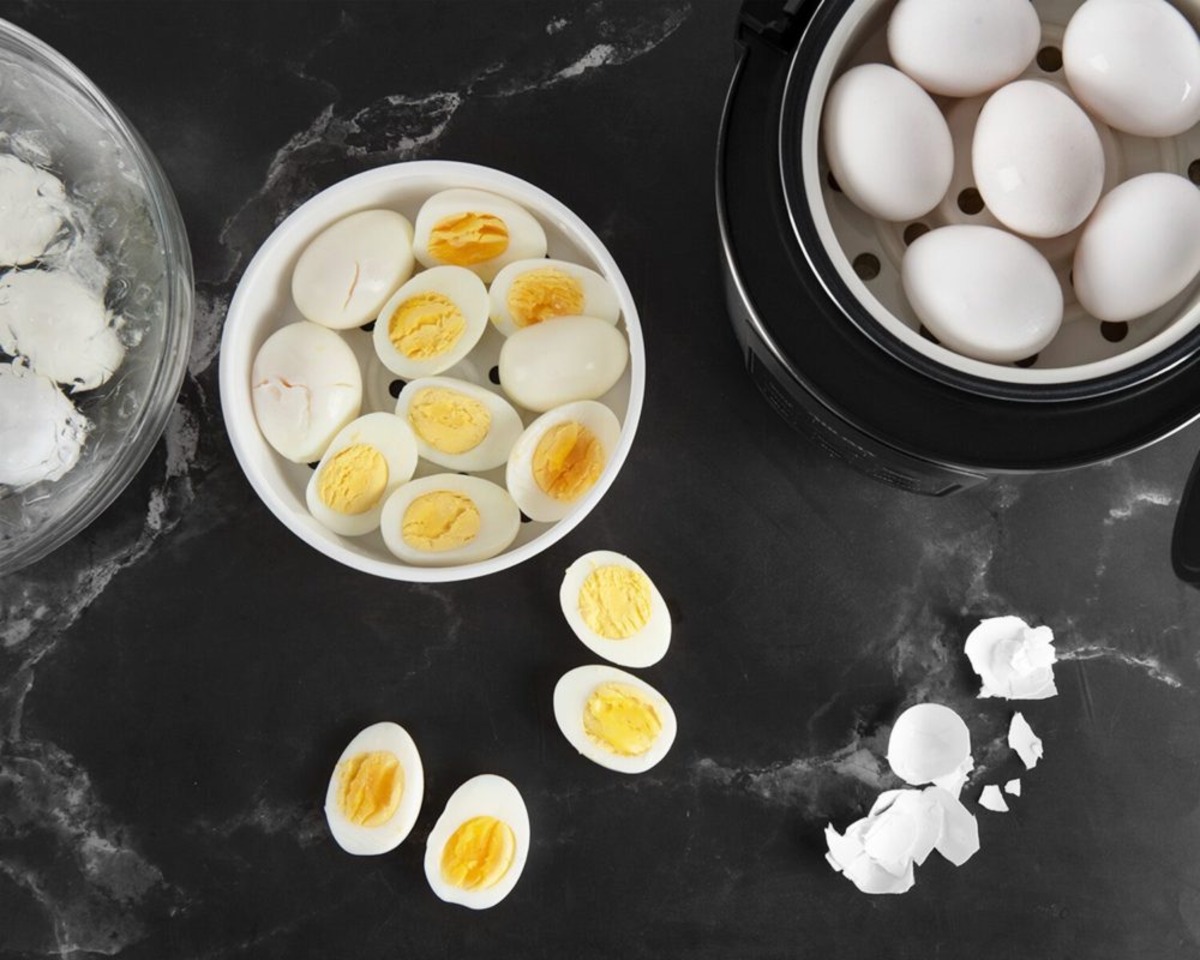

Articles
How Long To Boil Eggs In Rice Cooker?
Modified: August 16, 2024
Learn how to easily boil eggs in a rice cooker in this informative article. Find out the perfect cooking time and achieve perfectly boiled eggs every time.
(Many of the links in this article redirect to a specific reviewed product. Your purchase of these products through affiliate links helps to generate commission for Storables.com, at no extra cost. Learn more)
Introduction
Boiling eggs may seem like a simple task, but it can often be a hit or miss venture. Achieving the perfect consistency of a boiled egg can be a challenge, with factors such as cooking time and water temperature playing crucial roles. However, did you know that you can use a rice cooker to boil eggs? This unexpected technique not only simplifies the process but also offers a range of benefits.
In this article, we will explore the advantages of using a rice cooker to boil eggs and provide useful tips to achieve the desired consistency. We will also discuss the factors to consider when using a rice cooker for boiling eggs and guide you on how to prepare the cooker for this purpose. So, let’s dive in and discover the wonders of boiling eggs in a rice cooker!
Key Takeaways:
- Boiling eggs in a rice cooker offers convenience, consistency, and energy efficiency. With simplified preparation and versatile cooking options, your rice cooker becomes the perfect tool for achieving the ideal boiled egg every time.
- Experimentation, timing, and proper preparation are key to perfecting boiled eggs in a rice cooker. By considering water levels, egg size, and following helpful tips, you can achieve the desired egg consistency with ease and efficiency.
Read more: How Long To Boil Eggs On Induction Cooktop
Benefits of Using a Rice Cooker for Boiling Eggs
Using a rice cooker to boil eggs offers several advantages that make it a convenient and efficient method. Here are some of the key benefits:
- Simplified Process: Boiling eggs in a rice cooker eliminates the need for monitoring a pot on the stove. Simply add the eggs and water to the rice cooker, set the timer, and let it do the work. This frees up your time and allows you to focus on other tasks.
- Consistent Results: Rice cookers have built-in temperature control and timers, ensuring that the cooking process is precise and consistent. This means that each time you use the rice cooker to boil eggs, you can expect the same level of doneness, whether you prefer soft-boiled, medium-boiled, or hard-boiled eggs.
- Efficiency and Energy-Saving: Rice cookers are designed to cook food evenly and in a shorter amount of time compared to traditional stove methods. This not only saves you time but also reduces energy consumption, making it an eco-friendly option.
- Multifunctionality: Most rice cookers have additional settings, such as steaming and warming functions. This means that you can utilize your rice cooker for various cooking purposes, making it a versatile kitchen appliance.
- Conserves Water: Using a rice cooker for boiling eggs requires less water compared to boiling them on the stove. The sealed environment of the rice cooker helps retain moisture, resulting in tender and flavorful eggs.
- Easy Cleanup: Rice cookers typically feature a non-stick inner pot, making it effortless to clean after boiling eggs. Unlike pots and pans that may require scrubbing, a quick wipe with a sponge or cloth is usually sufficient to remove any residue.
These benefits not only make boiling eggs in a rice cooker a convenient option but also ensure consistent and delicious results every time. So, let’s explore the factors to consider when using a rice cooker for boiling eggs.
Factors to Consider when Boiling Eggs in a Rice Cooker
While using a rice cooker to boil eggs offers convenience and consistent results, there are a few factors to keep in mind to ensure the best outcome. Consider the following factors when boiling eggs in a rice cooker:
- Water Level: The amount of water you use in the rice cooker will affect the cooking time and the consistency of the eggs. Too much water can lead to overcooked eggs, while too little water may result in undercooked eggs. It’s recommended to use enough water to cover the eggs entirely but not too much that they are fully submerged.
- Egg Size and Freshness: The size and freshness of the eggs can impact the cooking time. Fresh eggs may require slightly longer cooking times, while larger eggs might take more time compared to smaller ones. It’s advisable to use eggs that are a few days old instead of fresh eggs for more predictable results.
- Puncture the Eggs: Before placing the eggs in the rice cooker, it’s helpful to gently puncture the larger end of each egg with a pin or an egg pricker. This will prevent the eggs from cracking during cooking due to the pressure build-up inside the shells.
- Rice Cooker Size: The size of your rice cooker will determine the number of eggs you can boil at once. Be mindful of the capacity of your rice cooker and avoid overcrowding the eggs. This will ensure that each egg is cooked evenly.
- Altitude: High-altitude areas may require adjustments to the cooking time when boiling eggs in a rice cooker. As the boiling point of water decreases at higher altitudes, it may take slightly longer to achieve the desired level of doneness. Experimentation and observation are key to determining the optimal cooking time in such regions.
By considering these factors, you can fine-tune the boiling process and achieve perfectly boiled eggs using your rice cooker. Now let’s move on to the preparation steps before boiling eggs in a rice cooker.
Preparing the Rice Cooker for Boiling Eggs
Before using your rice cooker to boil eggs, it’s important to prepare it properly to ensure optimal results. Follow these steps to prepare the rice cooker:
- Clean the Inner Pot: Ensure that the inner pot of the rice cooker is clean and free from any residue. Wash it thoroughly with hot soapy water and rinse it well. This will prevent any unwanted flavors from affecting the taste of the eggs.
- Add Water: Fill the inner pot of the rice cooker with the required amount of water. As mentioned earlier, the amount of water will depend on the number of eggs and desired cooking consistency. Follow the guidelines mentioned in your rice cooker’s instruction manual or adjust based on personal preferences.
- Insert the Steamer Tray: If your rice cooker comes with a steamer tray, place it inside the rice cooker. This will help elevate the eggs slightly above the water, preventing direct contact and ensuring even cooking.
- Arrange the Eggs: Carefully place the eggs on the steamer tray or directly in the water, ensuring they are evenly spaced. Avoid overcrowding to allow heat circulation and obtain consistent results.
- Start the Cooker: Close the lid of the rice cooker and plug it in. Set the cooking mode to “Boil” or “Steam,” depending on your rice cooker’s options. Adjust the timer according to the desired level of doneness. Soft-boiled eggs typically require less time, while hard-boiled eggs need more time.
- Monitor the Cooking Process: Keep an eye on the timer and monitor the cooking process. This will allow you to adjust the cooking time if needed or make note of the ideal timing for future reference.
- Transfer and Cool: Once the eggs are cooked to your desired level, carefully remove them from the rice cooker using a pair of tongs or a slotted spoon. Transfer them to a bowl filled with ice water or run them under cold water to stop the cooking process and make them easier to peel.
Following these steps will ensure that your rice cooker is prepared correctly for boiling eggs. Now that you know how to prepare the cooker, the next step is determining the cooking times for achieving the desired egg consistency.
To boil eggs in a rice cooker, add the eggs to the rice pot and cover with water. Set the rice cooker to the “cook” setting and let the eggs cook for 12-15 minutes for hard-boiled eggs or 5-7 minutes for soft-boiled eggs.
Cooking Times for Boiling Eggs in a Rice Cooker
Cooking times for boiling eggs in a rice cooker may vary based on several factors, including the desired level of doneness, egg size, and the specific model of the rice cooker. Here are some general guidelines to help you achieve the desired egg consistency:
- Soft-Boiled Eggs: Soft-boiled eggs have a runny yolk and a slightly set white. For a rice cooker, cooking soft-boiled eggs usually takes around 6-9 minutes. You can adjust the cooking time based on personal preference.
- Medium-Boiled Eggs: Medium-boiled eggs have a yolk that is mostly set but still slightly creamy. Cook medium-boiled eggs in a rice cooker for approximately 9-12 minutes. Again, adjust the cooking time as per your preference.
- Hard-Boiled Eggs: Hard-boiled eggs have a fully set yolk and a firm white. To achieve hard-boiled eggs in a rice cooker, cook them for around 12-15 minutes. You may need to extend the cooking time by a few minutes for larger eggs.
It’s important to note that these cooking times are approximate and can vary based on the factors mentioned earlier. The best way to determine the ideal cooking time for your specific rice cooker and preferred level of doneness is through experimentation. Start with the recommended cooking times and make adjustments based on your personal preference and the results you achieve.
Now that you know the cooking times, let’s dive into some helpful tips to ensure that you achieve the desired egg consistency when boiling eggs in a rice cooker.
Read more: How Long To Boil Eggs In Microwave Oven
Tips for Achieving the Desired Egg Consistency
When using a rice cooker to boil eggs, it’s essential to follow these tips to ensure that you achieve the desired egg consistency:
- Experiment with Cooking Times: Every rice cooker is different, so it’s important to experiment with cooking times to find the perfect balance. Start with the recommended cooking times as a baseline, but don’t hesitate to adjust them to achieve your preferred egg consistency.
- Use a Timer: Use a timer to keep track of the cooking time. This ensures that you don’t overcook or undercook the eggs, resulting in the desired consistency and avoiding a greenish ring around the yolk.
- Shock the Eggs: After removing the eggs from the rice cooker, shock them in a bowl filled with ice water or run them under cold water. This helps stop the cooking process and makes it easier to peel the eggs. It also prevents the eggs from becoming overcooked due to residual heat.
- Peel Under Running Water: To make peeling the eggs easier, peel them under running water. The water helps to separate the eggshell from the egg, resulting in cleaner and smoother peeling.
- Use Appropriate Egg Size: Use eggs of the appropriate size for consistent cooking. If you have extra-large eggs, you may need to adjust the cooking time slightly to ensure they are fully cooked.
- Keep the Lid Closed: During the cooking process, it’s important to keep the lid of the rice cooker closed. Opening it frequently can affect the cooking time and consistency of the eggs. Only open the lid once the timer indicates that the eggs are done.
- Let the Eggs Rest: Once the eggs are cooked and peeled, it is beneficial to let them rest for a few minutes before consuming or using them in recipes. This allows the residual heat to distribute evenly and results in a more consistent texture.
By following these tips, you can ensure that the eggs boiled in your rice cooker achieve the desired consistency every time. Now, let’s conclude our article.
Conclusion
Boiling eggs in a rice cooker offers a convenient and efficient way to achieve the desired egg consistency. The benefits of using a rice cooker extend beyond simplifying the boiling process. With consistent results, energy efficiency, and the ability to multitask in the kitchen, it’s no wonder that many people have turned to their rice cookers for perfect boiled eggs.
When boiling eggs in a rice cooker, it’s important to consider factors such as water level, egg size, and freshness. Preparing the rice cooker properly by cleaning it and arranging the eggs correctly will ensure optimal results. The cooking times mentioned earlier can serve as a starting point, but experimentation and personal preference play a crucial role in achieving the desired egg consistency.
By following the tips provided, such as using a timer, shocking the eggs, and peeling them under running water, you can enhance your egg-boiling experience in the rice cooker. Additionally, choosing the appropriate egg size, keeping the lid closed during cooking, and letting the eggs rest afterward contribute to achieving consistent and delicious boiled eggs.
So, the next time you’re in the mood for boiled eggs, consider reaching for your trusty rice cooker. Enjoy the convenience, versatility, and consistently perfect results that come with boiling eggs in this remarkable kitchen appliance. Whether you prefer your eggs soft-boiled, medium-boiled, or hard-boiled, your rice cooker will be your secret weapon for achieving the perfect egg consistency every time.
Frequently Asked Questions about How Long To Boil Eggs In Rice Cooker?
Was this page helpful?
At Storables.com, we guarantee accurate and reliable information. Our content, validated by Expert Board Contributors, is crafted following stringent Editorial Policies. We're committed to providing you with well-researched, expert-backed insights for all your informational needs.
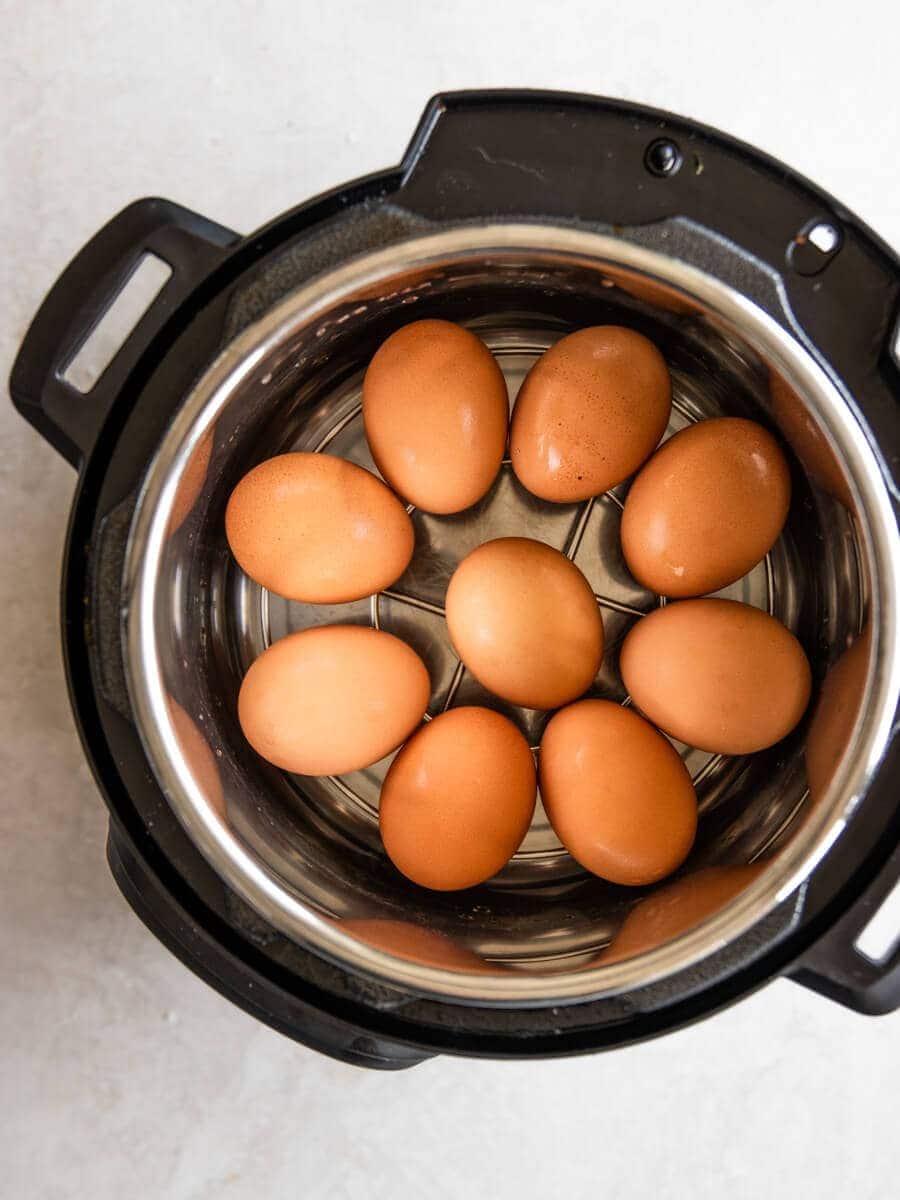
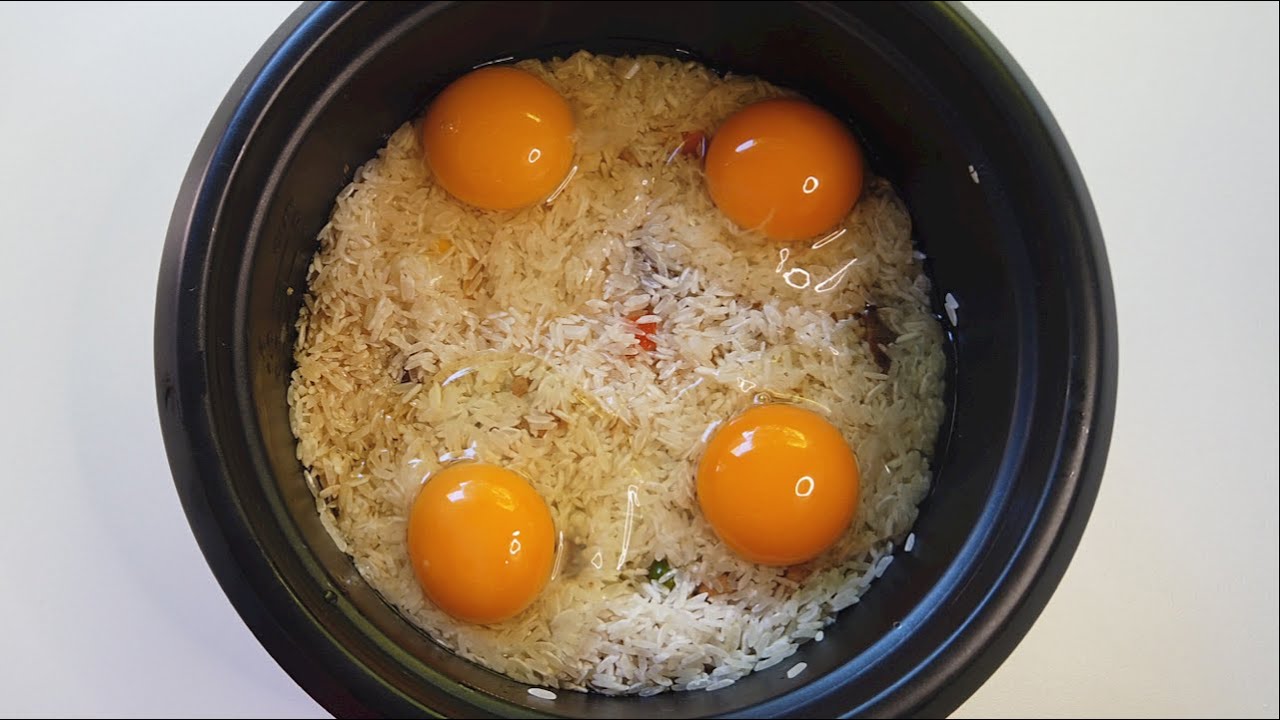

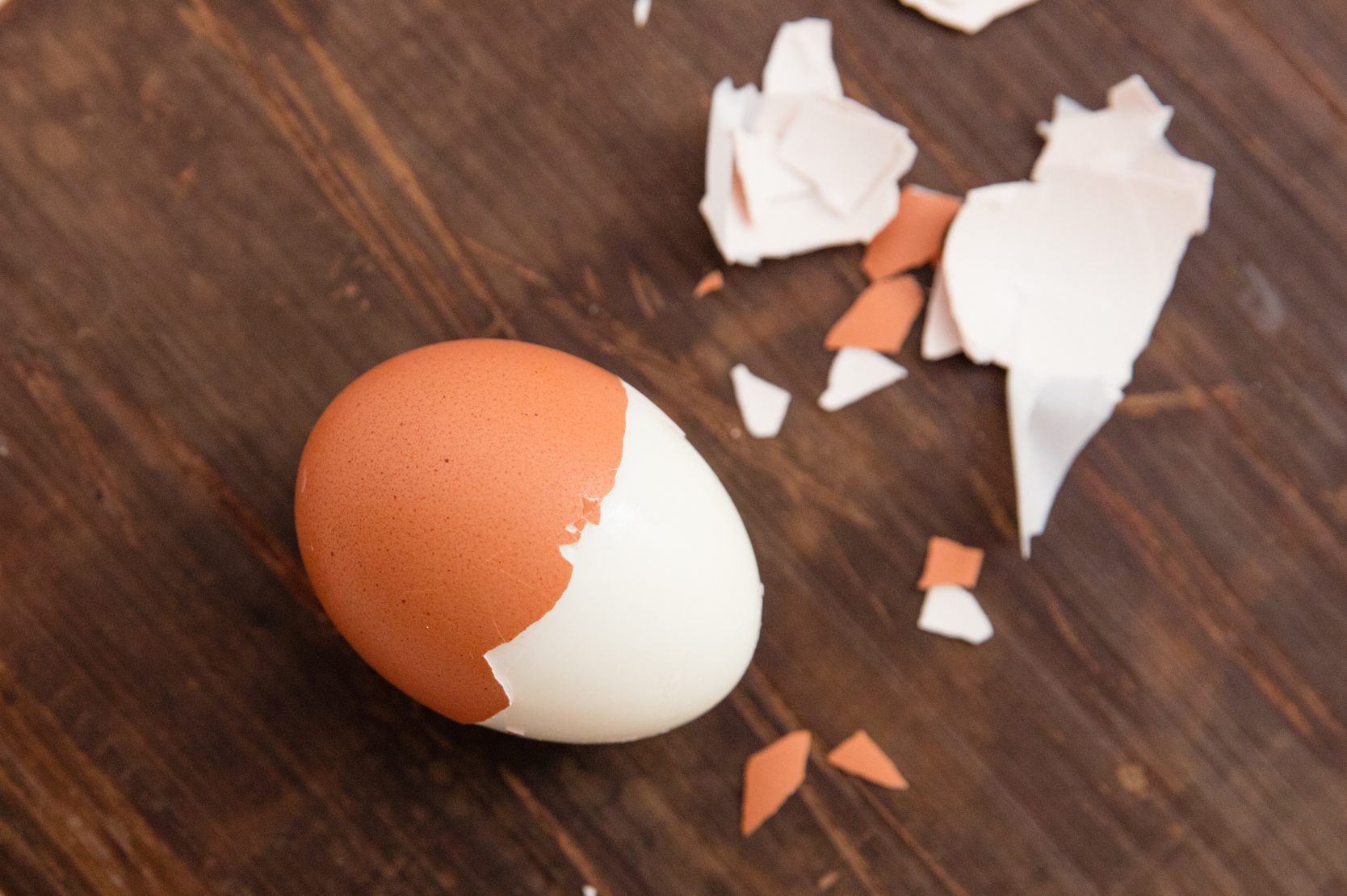
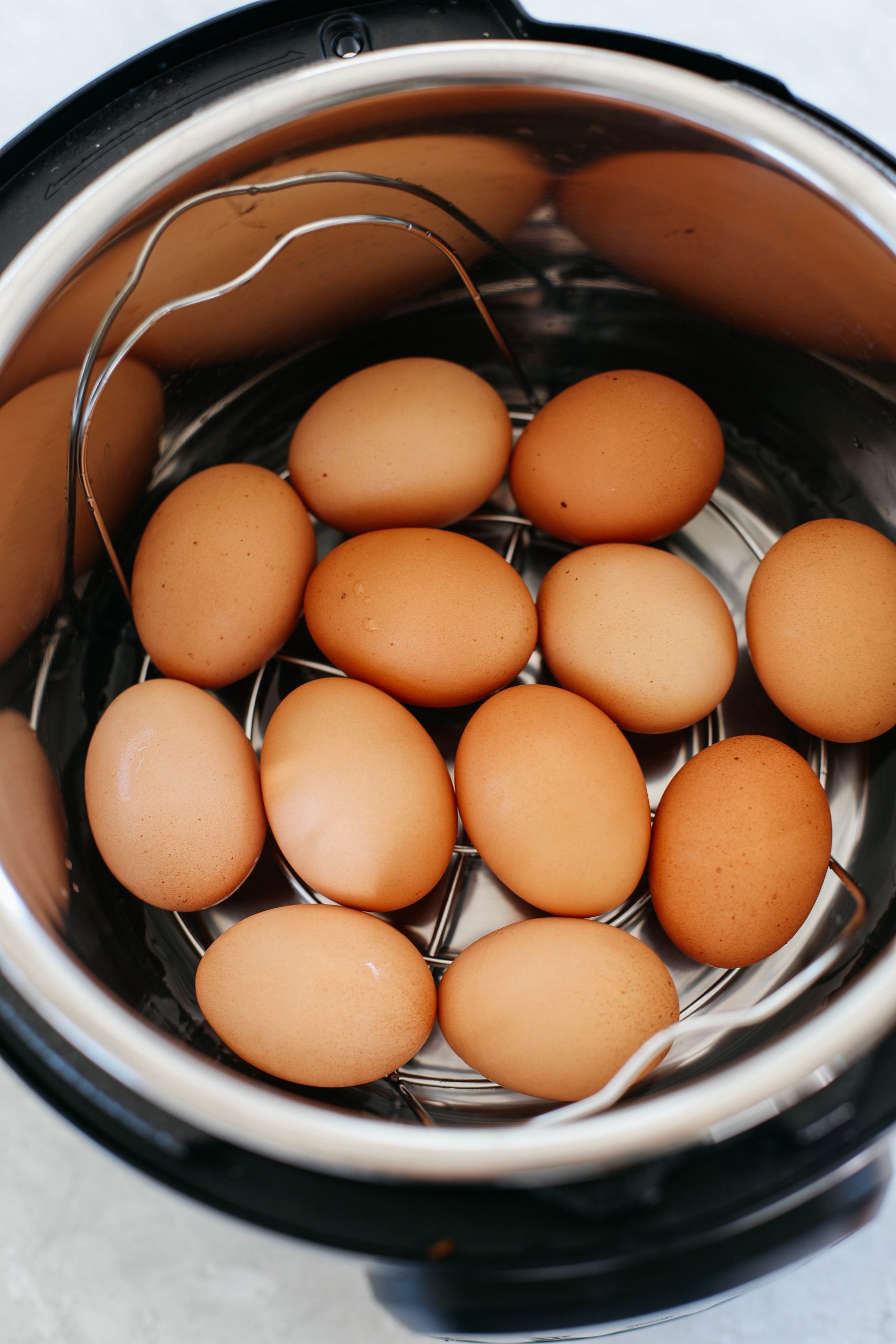
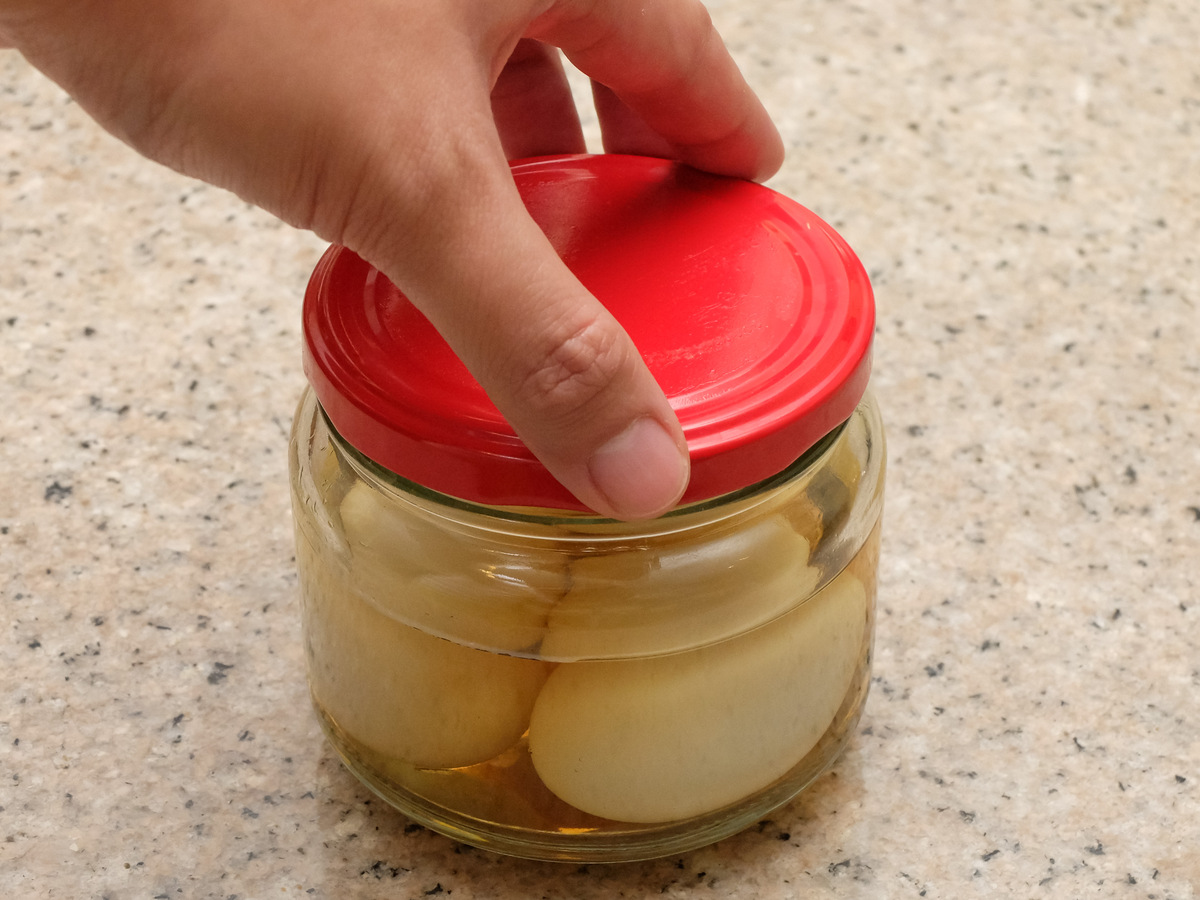
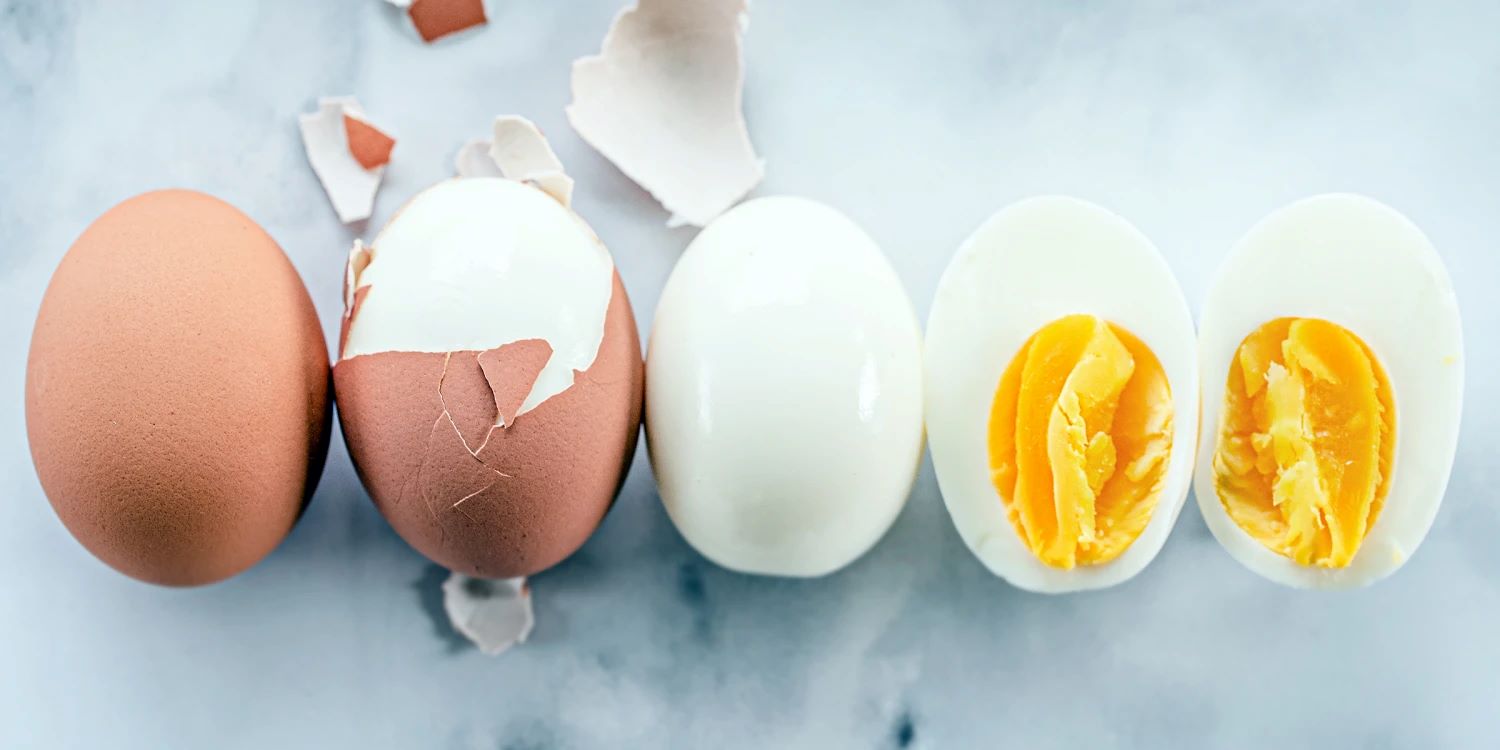
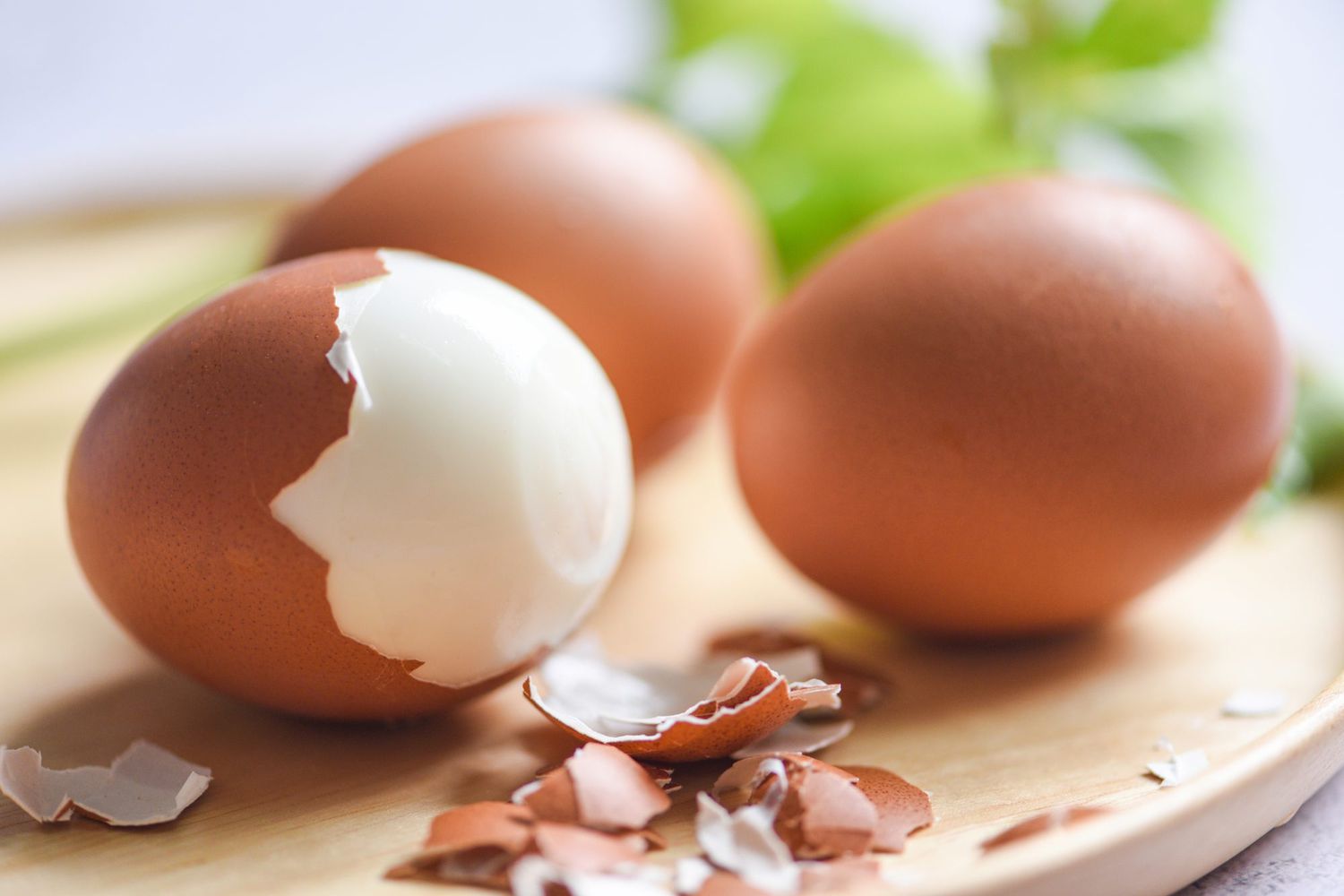
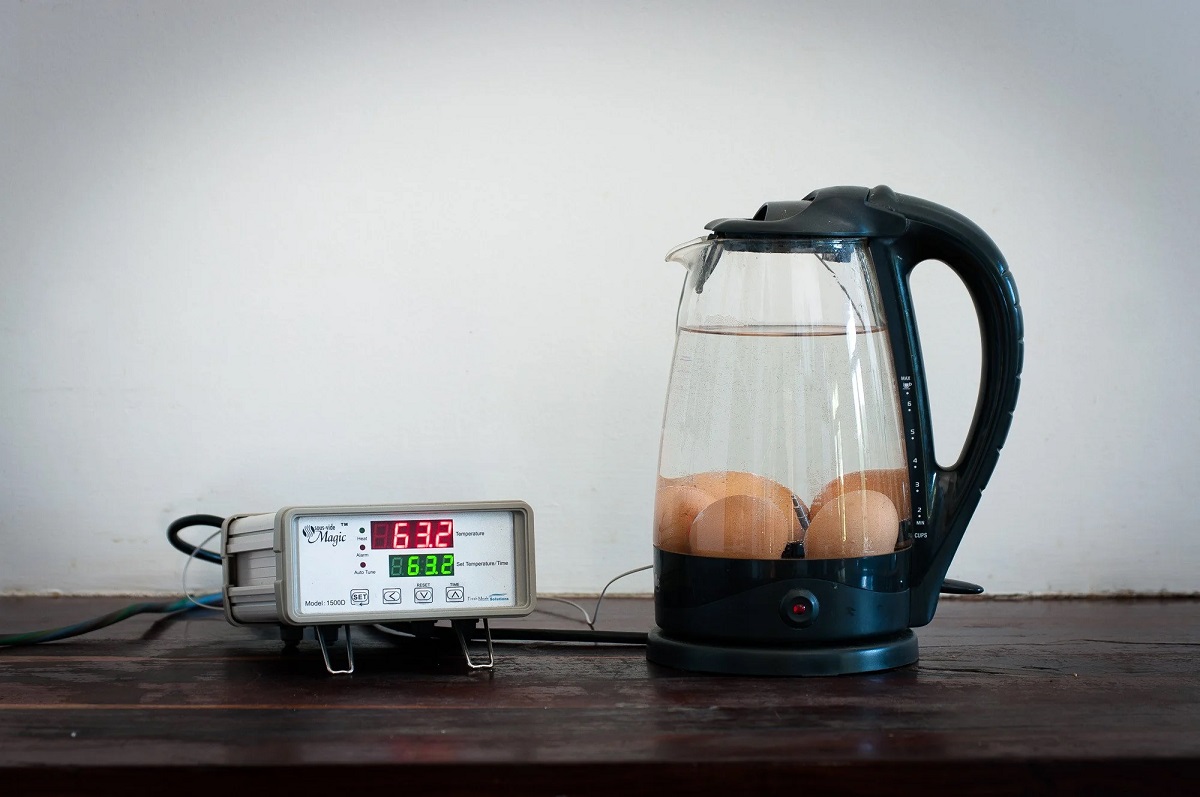
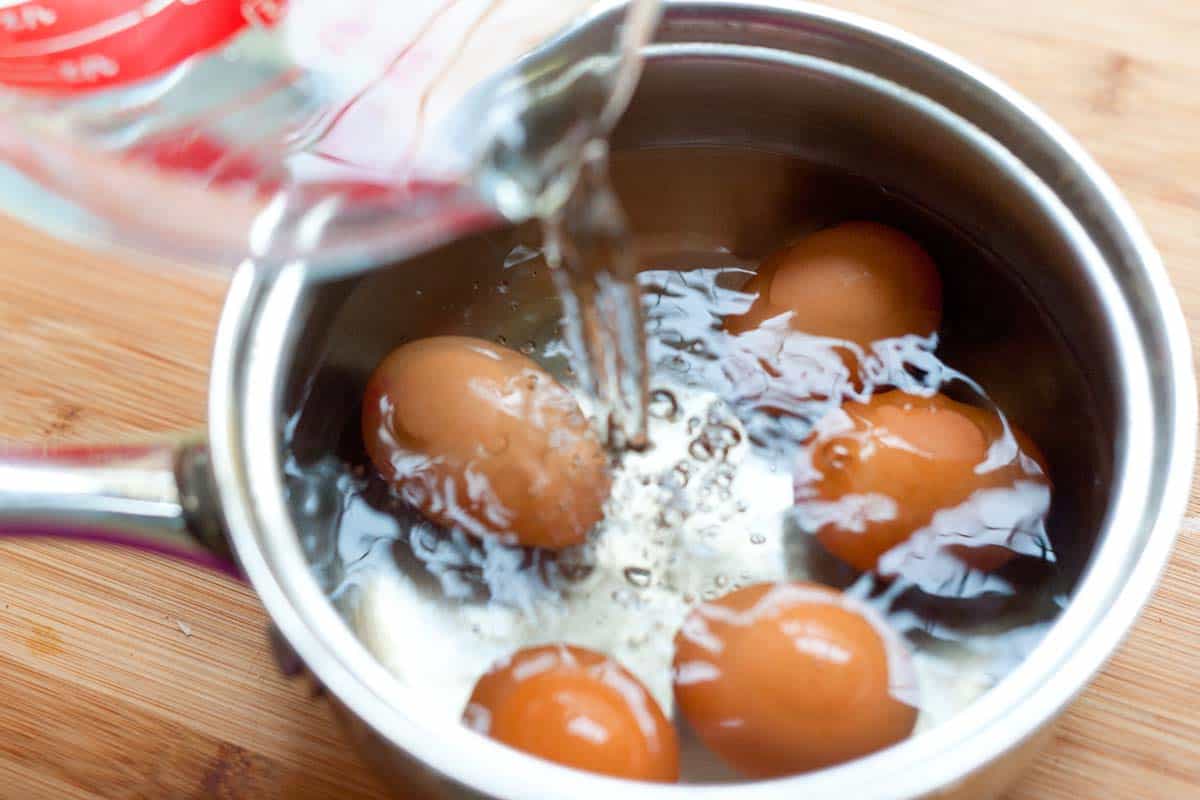
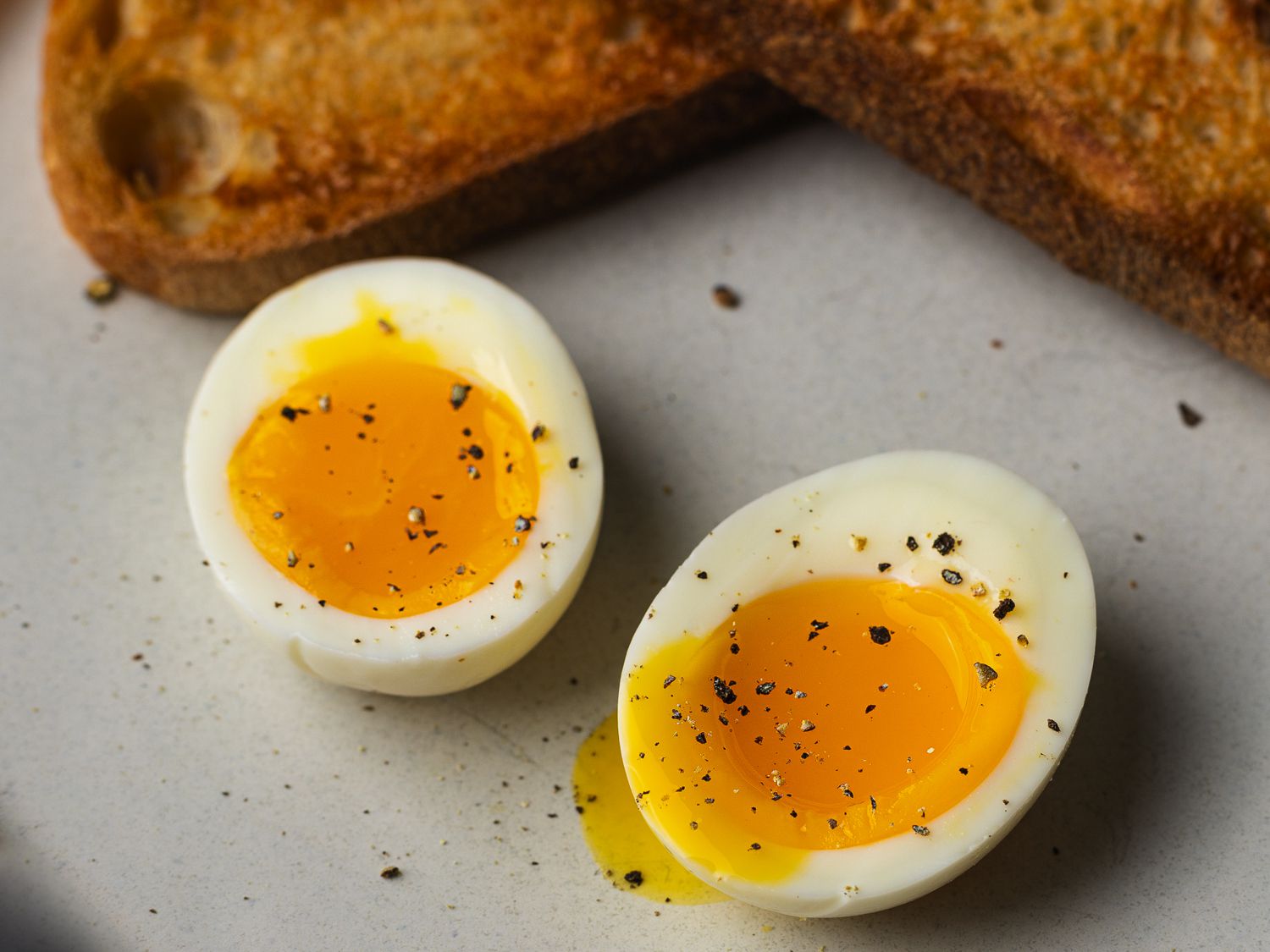
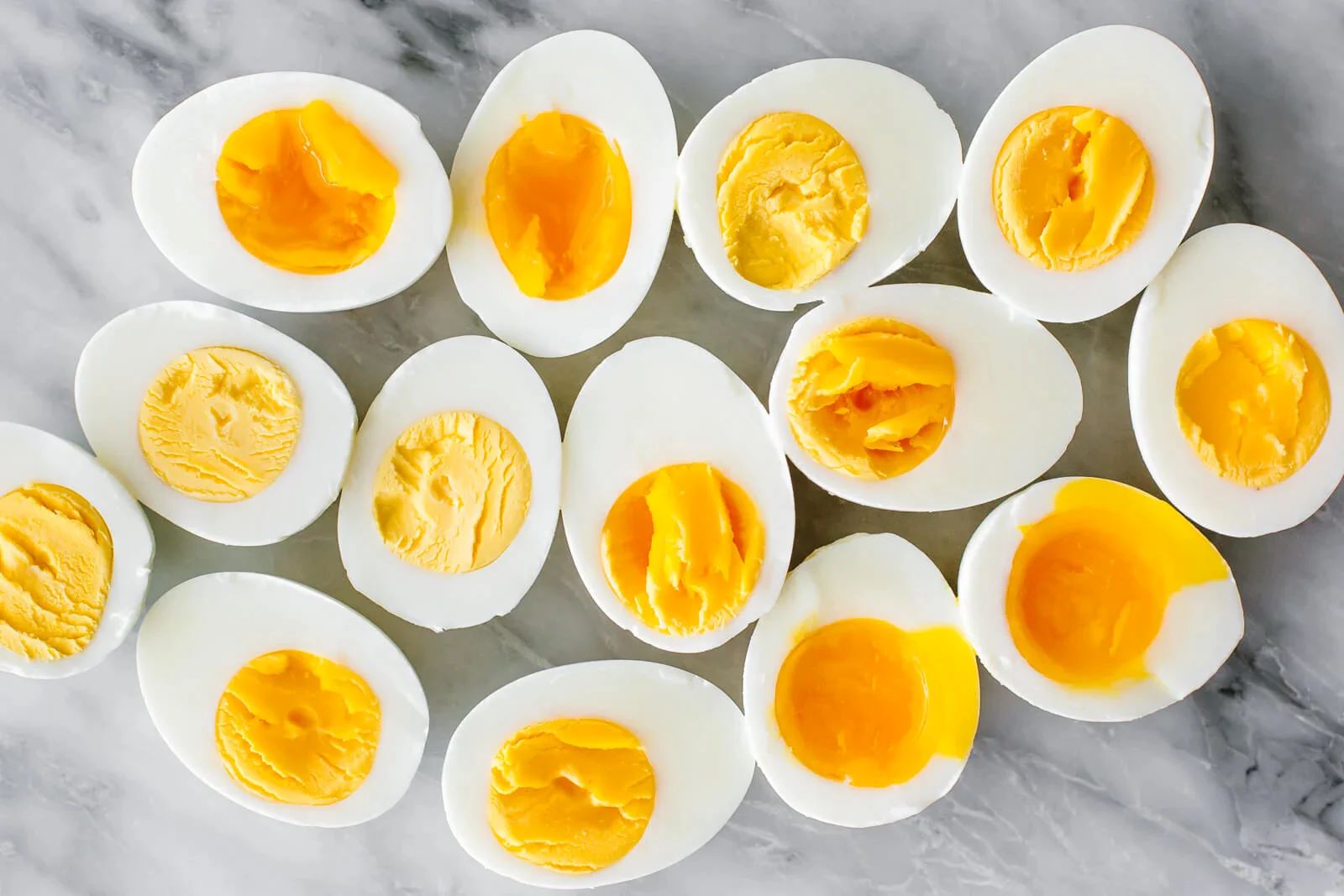
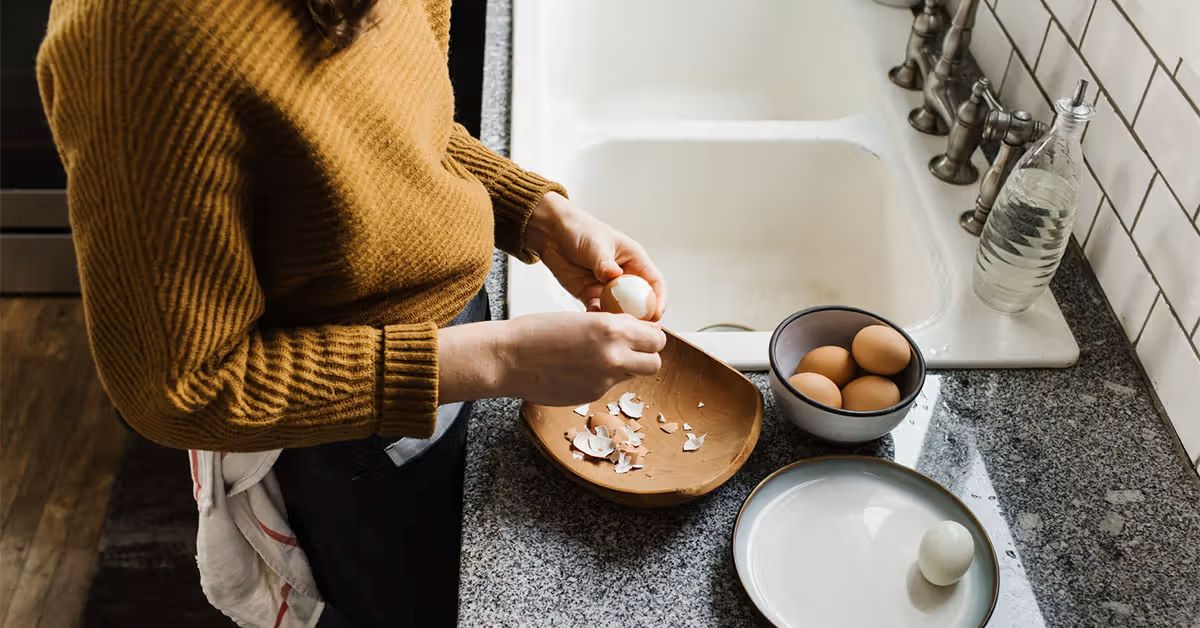
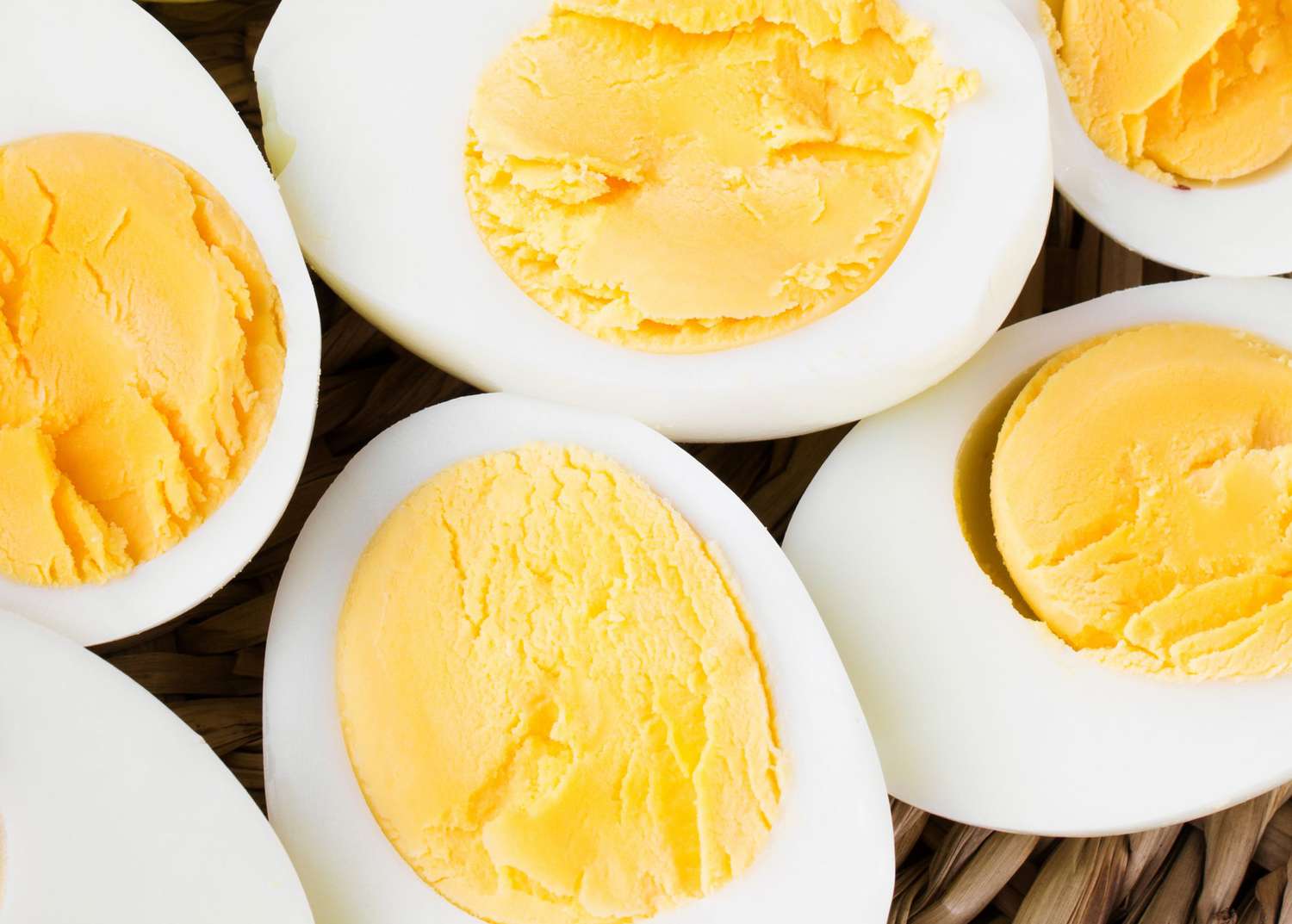

0 thoughts on “How Long To Boil Eggs In Rice Cooker?”